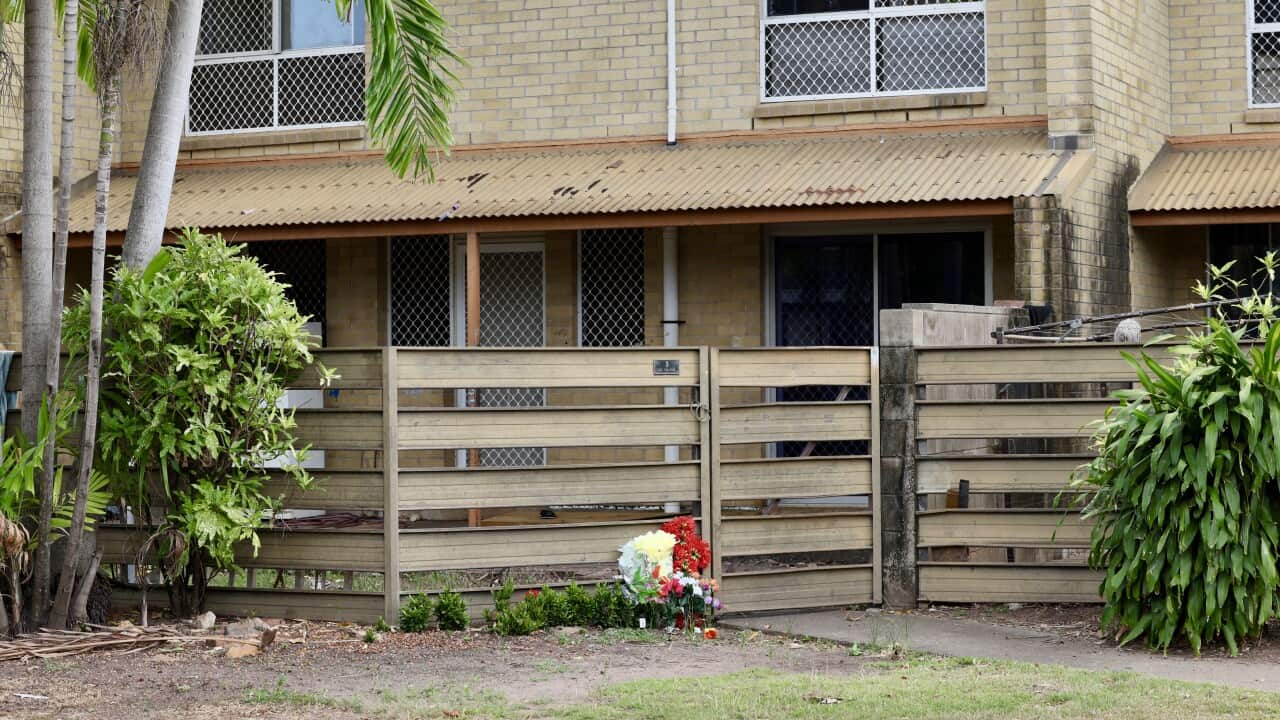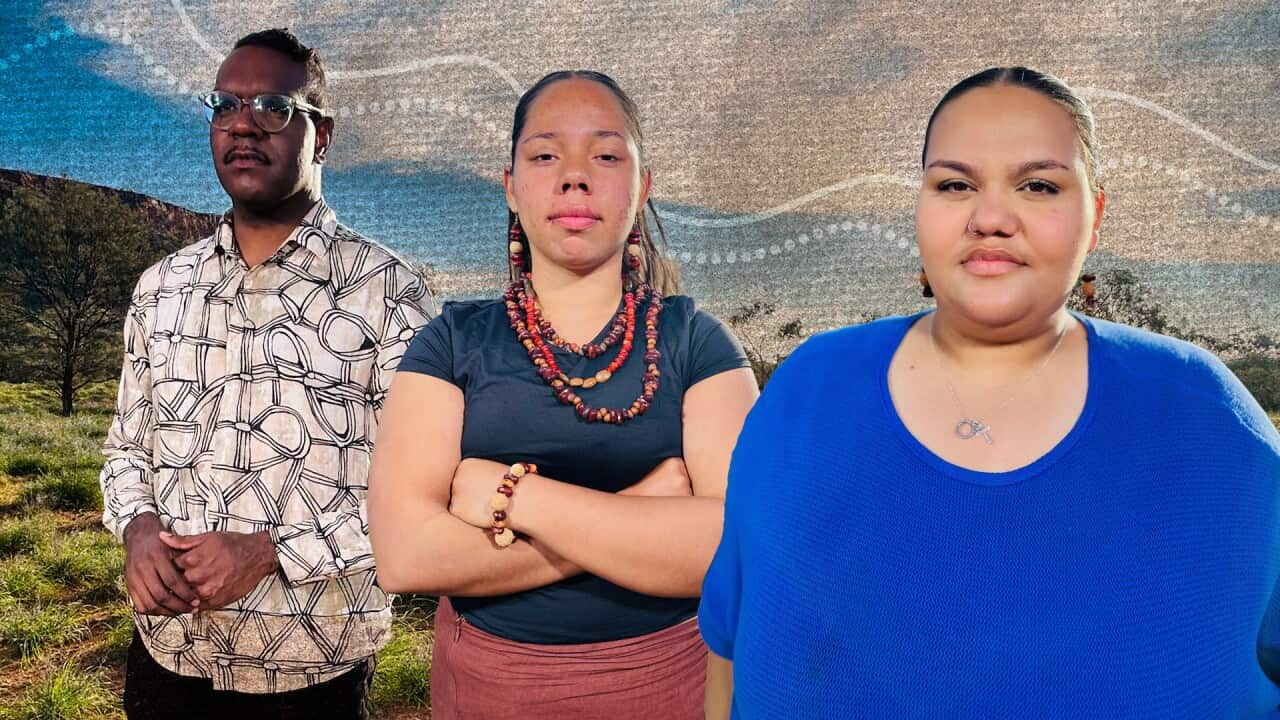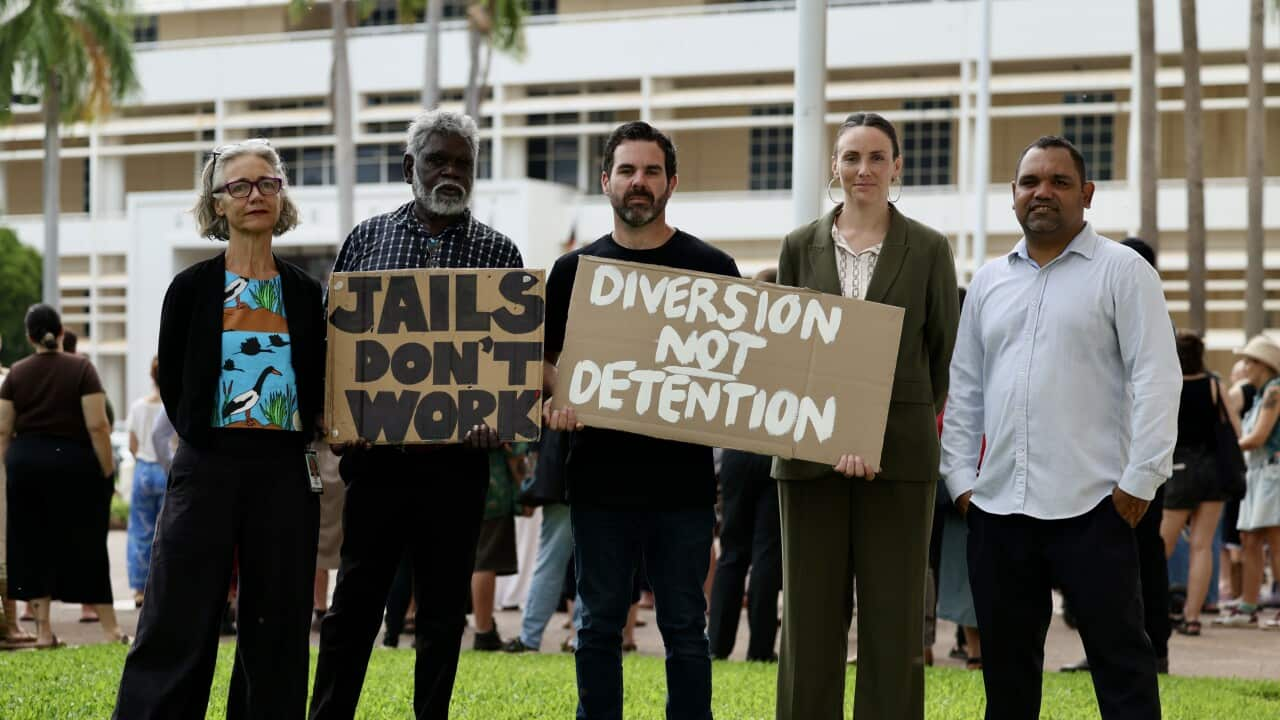The Prime Minister’s recent acknowledgement of alcohol as a priority at the National Cabinet meeting on the prevention of gendered violence is welcome.
There has been a long struggle of Aboriginal communities – frequently led by Aboriginal women – to control the availability of alcohol because they know from their lived experience that the wide availability of cheap and dangerous alcohol is strongly linked with their experience of family violence.
Clearly, alcohol is not the only driver of violence against women.
However, there is abundant evidence across the world and specifically in the Northern Territory that reducing the supply of alcohol by increasing its price, reducing sale hours, or reducing the number of outlets, reduces the amount of violence experienced by women.
For example, building on a number of reforms introduced in 2018 that included a Minimum Unit Price (MUP) for alcohol, in January 2023, the previous NT Government announced reforms in Alice Springs that included two days a week when takeaway alcohol was not permitted to be sold.
This was combined with the reintroduction of a legislative framework that prevents those living on alcohol-prohibited land from purchasing take-away alcohol in Alice Springs.
The effect has been dramatic.
We have seen a considerable reduction in alcohol consumption in the town, down 26 per cent in the months after the new regulations were introduced.
There has been a major fall in domestic and family violence, with police figures showing a fall in alcohol-related domestic violence assaults by 41 per cent.
We have also seen a fall of 25 per cent in alcohol-related presentations at the Alice Springs Hospital Emergency Department, many of which are for injuries caused by violence.
Central Australian Aboriginal Congress, the Aboriginal community controlled health service of which I am CEO, has campaigned for decades for these kind of sensible reforms to halt the rivers of grog flowing in our communities.
Our advocacy is based on the evidence, but also on our experience as Aboriginal people.
We know that whenever controls on alcohol availability are relaxed, the harm goes up.
We see more of our women in emergency departments, more kids hungry, more drunken assaults. And we see that whenever we are successful and government acts to regulate supply, those assaults and harms go down.
We know this not just because of the data but because we are part of the community where that harm is occurring.
No government should ignore this experience or fail to support the Aboriginal community action that is working to keep Aboriginal women and families safe.
Now a new government has been elected in the NT and we are facing threats to remove the Minimum Unit Price on alcohol in the Northern Territory. Under the current laws, alcohol cannot be sold in the Northern Territory for less than $1.30 per standard drink.
This ‘floor price’ does not affect moderate drinkers, but removing it would lead to the sale of cheap and dangerous alcohol for as little as 30 cents per standard drink.
If this happens we will see higher levels of alcohol consumption and it will be our communities and particularly our women who will suffer through increased assaults, violence and even deaths.
This cycle of governments implementing policies that work, only to remove them drives the cycle of harm. Policies to keep women and families safe should not be changed like clothing, they need to be implemented and sustained.
At National Cabinet, a commitment was made to review state and territory alcohol laws to ensure they are best practice when it comes to the prevention of violence against women and children.
If the NT Government and all states and territories are genuine about this commitment, they will hear us when we say that availability and pricing controls matter and they work.
Of course, pricing strategies have to keep pace with inflation to maintain their full level of effectiveness and reduced take-away trading hours need to apply to all outlets without exception.
We need governments to back us when we call on them to acknowledge this and do what’s right.
Donna Ah Chee is CEO of the Central Australian Aboriginal Congress, one of the largest community-controlled health services in the country. Ms Ah Chee is a Bundjalung woman from the north coast of NSW who has lived in Central Australia for more than 30 years. She has devoted herself to the movement for health and justice for Aboriginal people, as chairperson of the Aboriginal Medical Services Alliance Northern Territory, chairperson of the Northern Territory Aboriginal Health Forum, and as a director on the Menzies School of Health Board. She was also appointed as the independent chair of the inaugural NT Children and Families Tripartite Forum.















